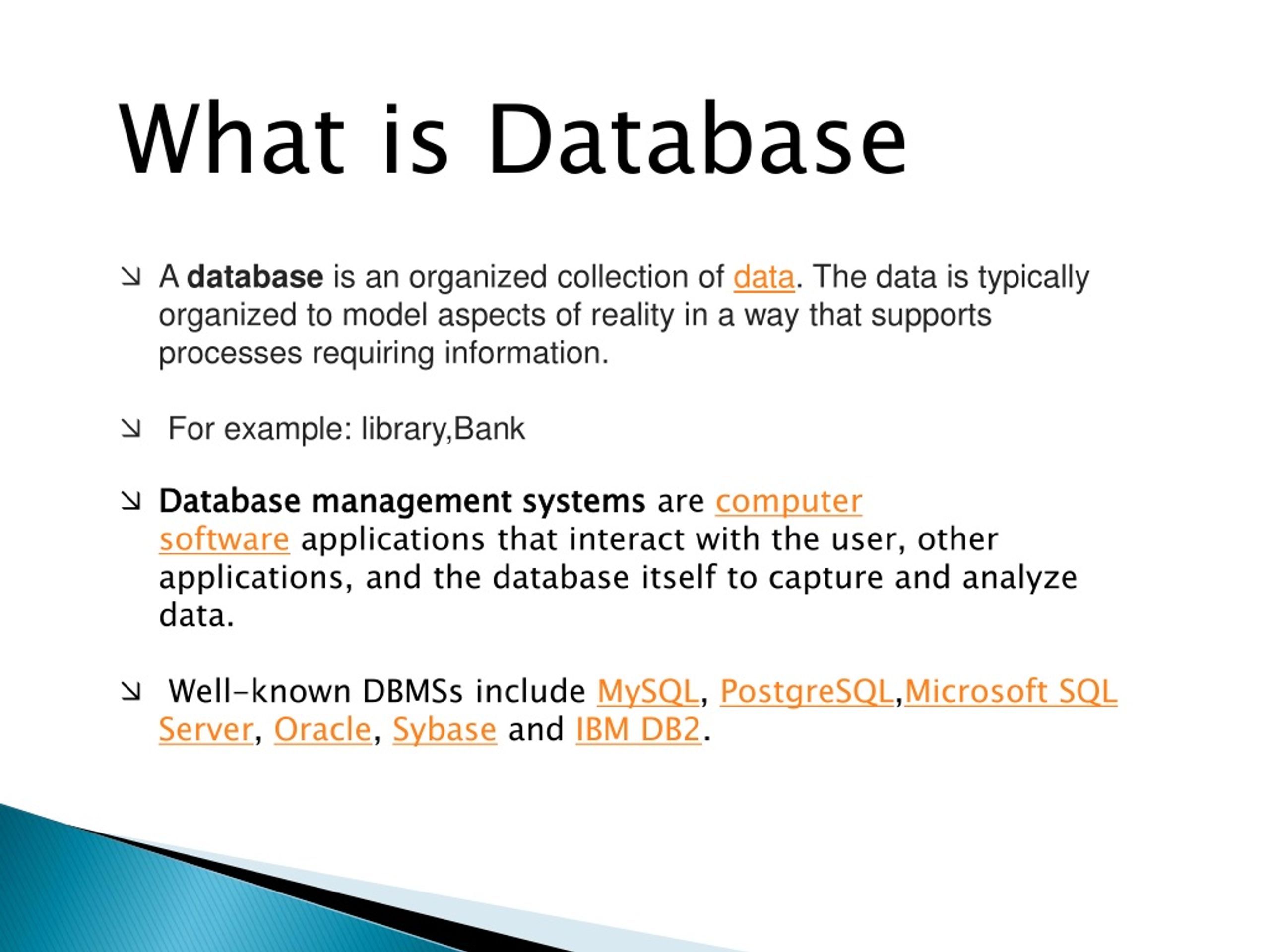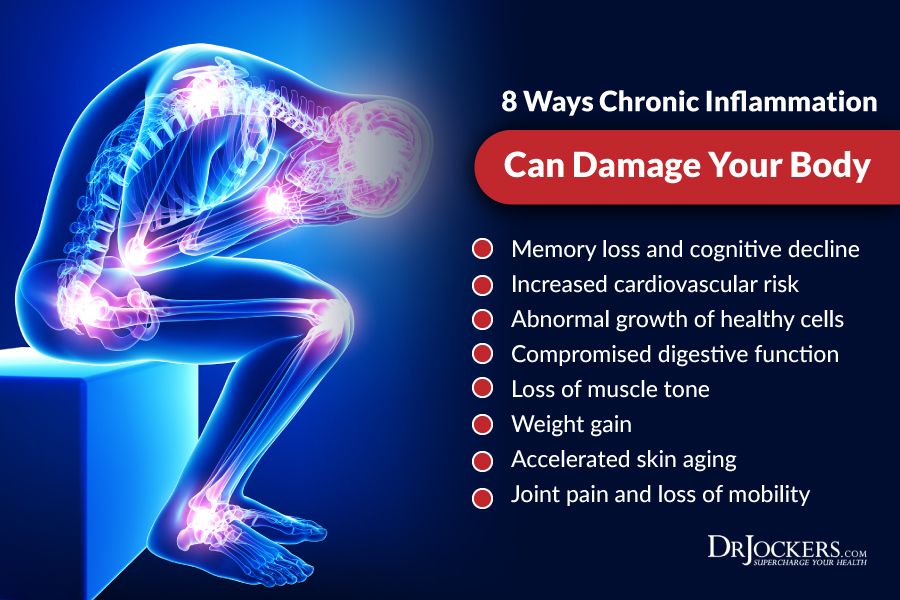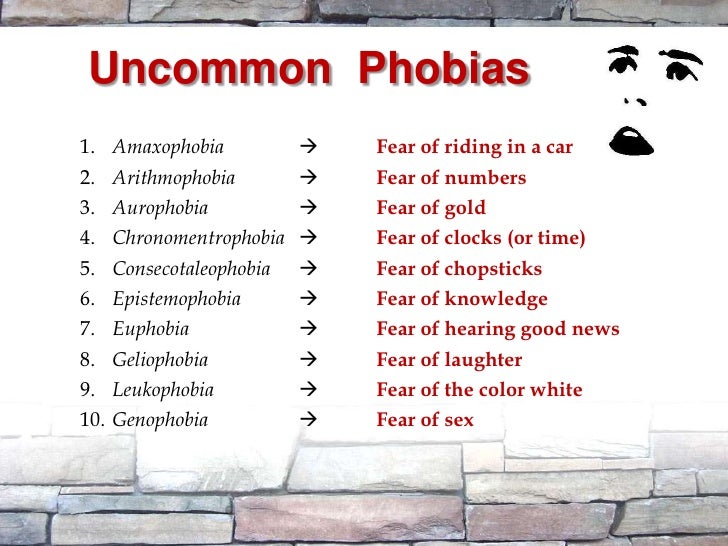Psychology toxic relationships
Toxic Relationships: Is Your Relationship Toxic?
Toxic Relationships
Most people question, at one point or another, am I in a healthy relationship? Is my partner right for me? Is our fighting normal? Are we really happy together? The answer is unique to the relationship, but one thing is almost always universally true: every couple goes through tough times. Even the best of matches and most compatible of people will have their downfalls. People aren’t perfect, so naturally neither are relationships. However, when the bad starts to outweigh the good and when we start to see real incompatibilities that are hard to reconcile, we may wonder, “Am I in a toxic relationship?” Here are some clues to help you find out if you might be in a toxic relationship and some tips on what you can do about if you are.
What is a Toxic Relationship?
A toxic relationship is often characterized by repeated, mutually destructive modes of relating between a couple. These patterns can involve jealousy, possessiveness, dominance, manipulation, desperation, selfishness or rejection. However, one common theme in a toxic relationship involves the partners’ intense draw toward each other, despite the pain they both cause one another. This is apparent with a couple who have entered into a “Fantasy Bond,” a term developed by psychologist and author Dr. Robert Firestone to describe an illusion of connection created between two people that helps alleviate their individual fears by forging a false sense of connection. A fantasy bond is toxic to a relationship because it replaces real feelings of love and support with a desire to fuse identities and operate as a unit. As the couple relates as a “we” instead of a “you” and “me,” their relationship becomes more about form (based on appearances and roles) than substance (based on genuine feeling and authenticity).
There are specific behaviors that have a toxic effect on relationships:
- Being selfish or demanding, behaving as if you have power over your partner.
- Acting out the role of parent or child, by showing submission or dominance.

- Using emotional coercion or manipulation to get what you want.
- Denying your own or your partner’s separateness or individuality, instead seeking a merged identity.
- Confusing real love with desperation or emotional hunger.
- Refusing to act in kind ways with actions your partner would perceive as loving.
How Do You Wind Up in a Toxic Relationship?
There are three major psychological maneuvers that are toxic to an intimate relationship. All of them work to undermine the possibility of having a loving relationship by repeating negative relationship dynamics from the past. The first maneuver involves selection where a person picks a partner who is wrong from the start. When you do this, you choose someone who reminds you of figures from your past or with whom you can replay scenarios from your developmental years. You may select someone who has similar qualities to family members or other early attachment figures who were misattuned to you, or hurt you or mistreated you.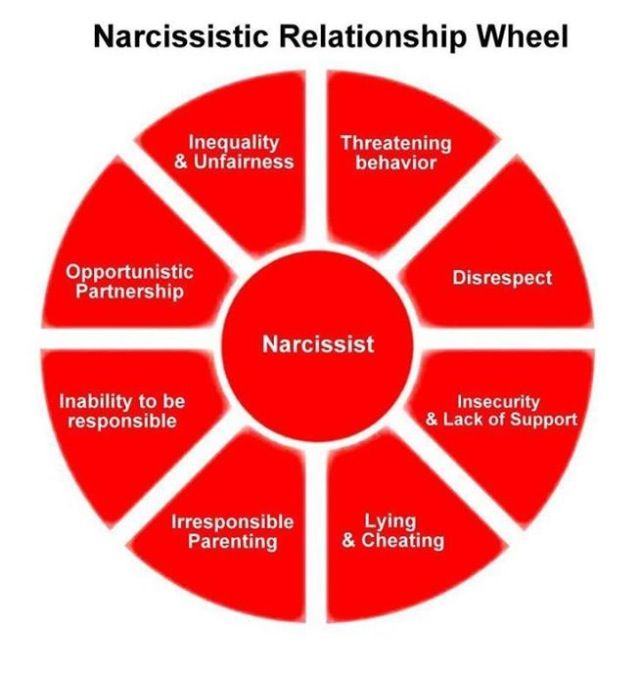 For instance, if you had a parent who was passive and held back emotionally, you might seek out a partner who is more allusive or cold. Conversely, you may choose someone who is the polar opposite, someone who is overbearing with wild mood swings. Either way, you are ignoring the qualities that really matter to you in the present, instead basing your selection on old and destructive relationships. You may then relate to your partner in similar ways you related to childhood figures, thus recreating painful relationships with complicated yet all too familiar outcomes.
For instance, if you had a parent who was passive and held back emotionally, you might seek out a partner who is more allusive or cold. Conversely, you may choose someone who is the polar opposite, someone who is overbearing with wild mood swings. Either way, you are ignoring the qualities that really matter to you in the present, instead basing your selection on old and destructive relationships. You may then relate to your partner in similar ways you related to childhood figures, thus recreating painful relationships with complicated yet all too familiar outcomes.
When a person selects a partner who is different from early attachment figures, and establishes a close and meaningful relationship, there are other maneuvers that can still turn their loving relationship toxic. The second maneuver is distortion where a person distorts their partner to see him or her as being like a familiar figure from the past. When this is operating, you perceive your partner as having negative traits that are similar to those of people from your early life.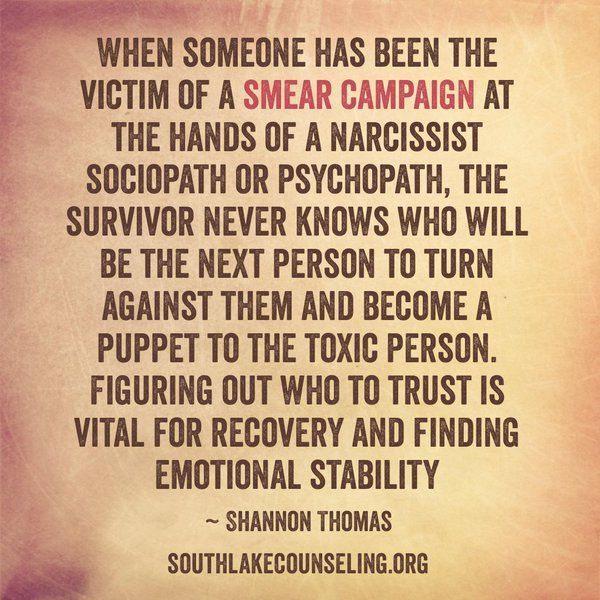 In actuality, the very qualities you were drawn to in your partner may begin to challenge your negative views of yourself, forcing you to see yourself or your relationship in a different way, from a positive and compassionate perspective. As a reaction against this, you may distort your partner to fit in with old, familiar patterns from your childhood and respond as you did then.
In actuality, the very qualities you were drawn to in your partner may begin to challenge your negative views of yourself, forcing you to see yourself or your relationship in a different way, from a positive and compassionate perspective. As a reaction against this, you may distort your partner to fit in with old, familiar patterns from your childhood and respond as you did then.
Read about How Your Attachment Style Impacts Your Relationships
When the first two maneuvers fail, people often employ the third, provocation where they provoke their partner to treat them like they were treated in their formative relationships. Most likely, you are unaware of ways you try to provoke your partner into treating you as you were treated in your early life. You may act out qualities you don’t like in yourself, such as jealousy, criticalness or aloofness. Oddly, enough you do this to recreate an emotional environment that may be unpleasant but is actually comfortable in its familiarity.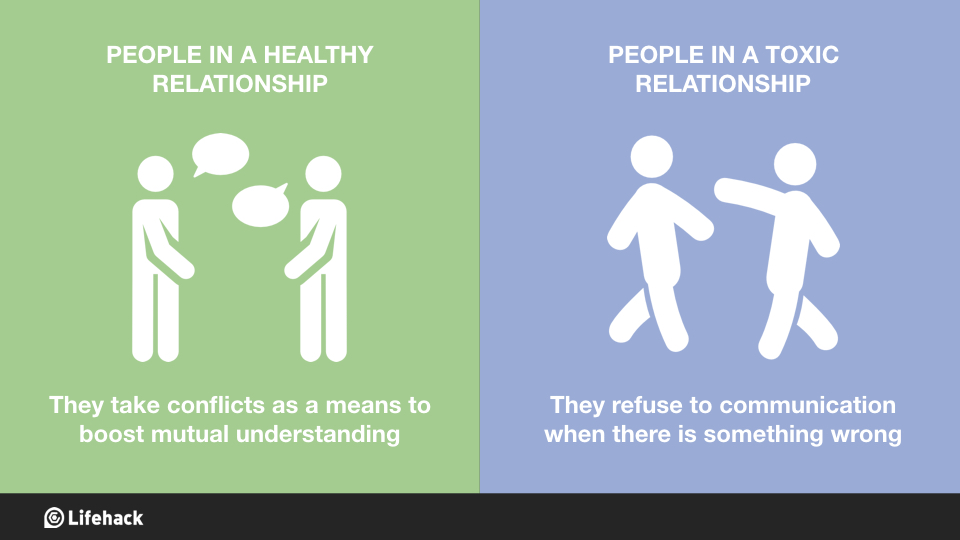
All three of these stages, selection, distortion and provocation, keep people from feeling too vulnerable or invested in another person. Although, people do this unconsciously as a defense from their deeper fears of intimacy, both parties in a couple can start playing out patterns that turn the relationship toxic.
Read about Overcoming Fear of Intimacy
So Why Do You Enter a Toxic Relationship?
Whether someone is driven to be with a person who is bad for them or compelled to push away a person who is good for them, people enter into a toxic relationship in order to repeat patterns from their past that are unpleasant but familiar. Of course, this is a highly unconscious process. People often choose a partner who fits with their defenses and are unaware that their partner’s undesirable traits match up with their own. For example, if you tend to be passive or indecisive, you may be drawn to someone who is dominating and stubborn.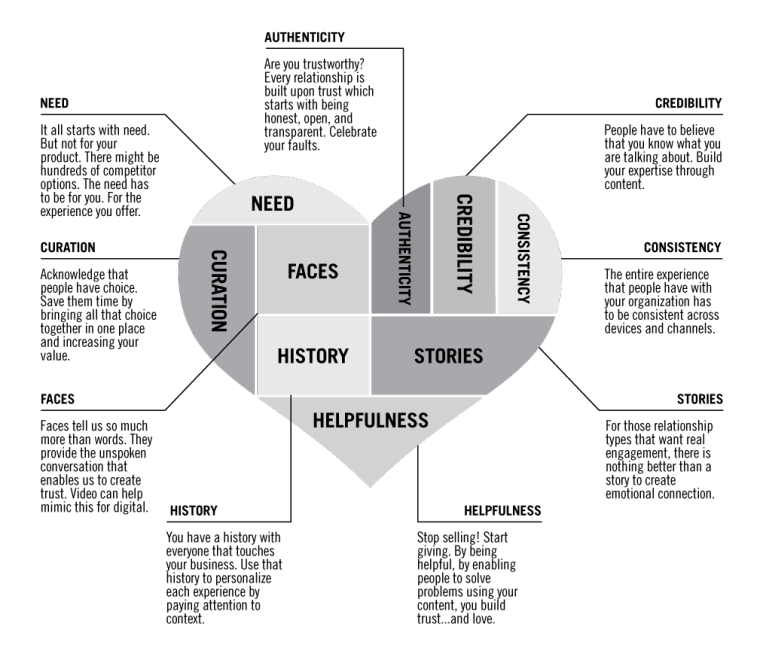 A toxic relationship exists when a person fails to recognize the destructive dynamics they’re subconsciously looking to play out with a romantic partner. This not only leads to an imbalance in the relationship, but it often limits an individual’s personal growth.
A toxic relationship exists when a person fails to recognize the destructive dynamics they’re subconsciously looking to play out with a romantic partner. This not only leads to an imbalance in the relationship, but it often limits an individual’s personal growth.
How Do You Get Out of a Toxic Relationship?
Getting to know one’s self and one’s patterns is key to avoiding a toxic relationship. If you find yourself in a dramatic or complicated relationship, you have to first decipher whether you have chosen someone undesirable for negative reasons from your past or whether you are pushing away someone you really care for, because of your own limitations, fears or defenses. If you identify the negative traits that have attracted you to your partner, you can consciously choose to look for someone different. If you realize that the person you have chosen has a lot of the positive qualities you desire, you can look for ways you are acting out in the relationship and aim to change your part of the dynamic that makes things turn sour.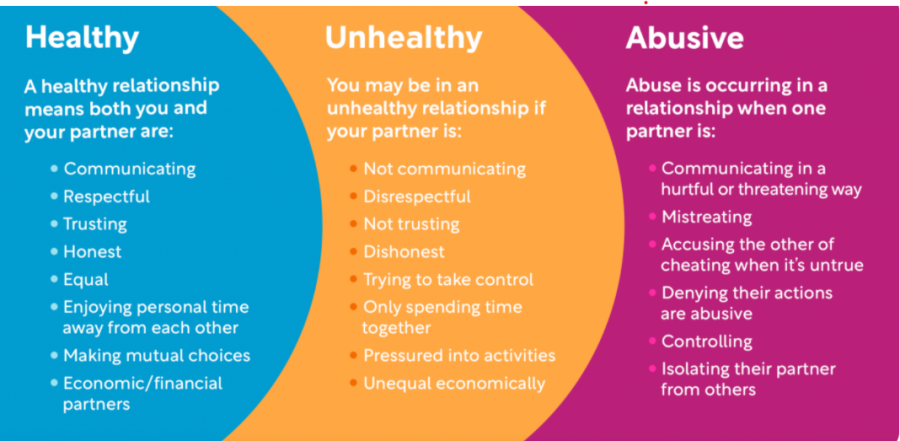 Once you understand yourself, you can clearly trace the paths that lead your relationship to unravel. You can take power over yourself and establish a healthier, more honest and fulfilling relationship.
Once you understand yourself, you can clearly trace the paths that lead your relationship to unravel. You can take power over yourself and establish a healthier, more honest and fulfilling relationship.
Read about Seven Qualities of an Ideal Partner
About the Author
Related Articles
Tags: destructive relationship, failed relationship, intimacy problems, relationship issues, relationship problems, self-destructive behavior, wrong relationship choices
What Is a Toxic Relationship?
- Toxic relationships are based on conflict, competition, and the need to control.
- Signs of a toxic relationship include jealousy, blame, and gaslighting.
- Therapy, as well as self-care and connecting with others, can help you heal and move forward.
Relationships fall into one of two categories. Positive or healthy relationships are those where the couple supports each other, shows empathy and compassion to the other person, and where both parties are willing to give and take.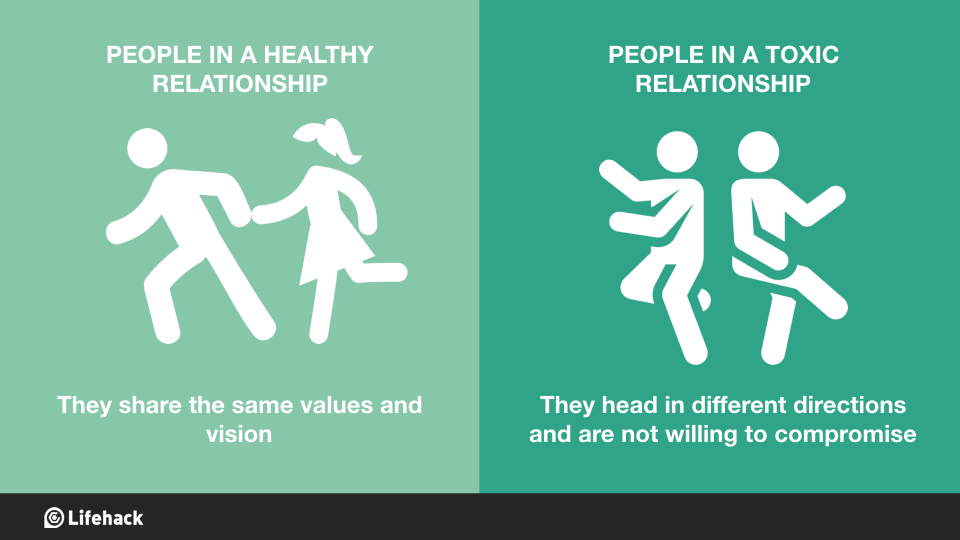 Positive relationships are not always perfect, but when the couple has disagreements, they are able to work it out in a way that is mutually satisfactory and does not result in one person imposing their will or desires on the other.
Positive relationships are not always perfect, but when the couple has disagreements, they are able to work it out in a way that is mutually satisfactory and does not result in one person imposing their will or desires on the other.
The other type of relationship is unhealthy. These relationships are often considered toxic as they are actually emotionally and sometimes physically harmful to one person. The term was first used by Lillian Glass in her 1995 book Toxic People and was used to indicate a relationship that is built on conflict, competition, and the need for one person to control the other.
Signs of a Toxic Relationship
Toxic people do not show their negative side early in the relationship. They are often extremely charismatic and seem to be the ideal or perfect partner. Then, over time, they start to show their true colors and become controlling, demanding, and emotionally abusive to their partner.
Signs of a toxic relationship may take months or even years to evolve.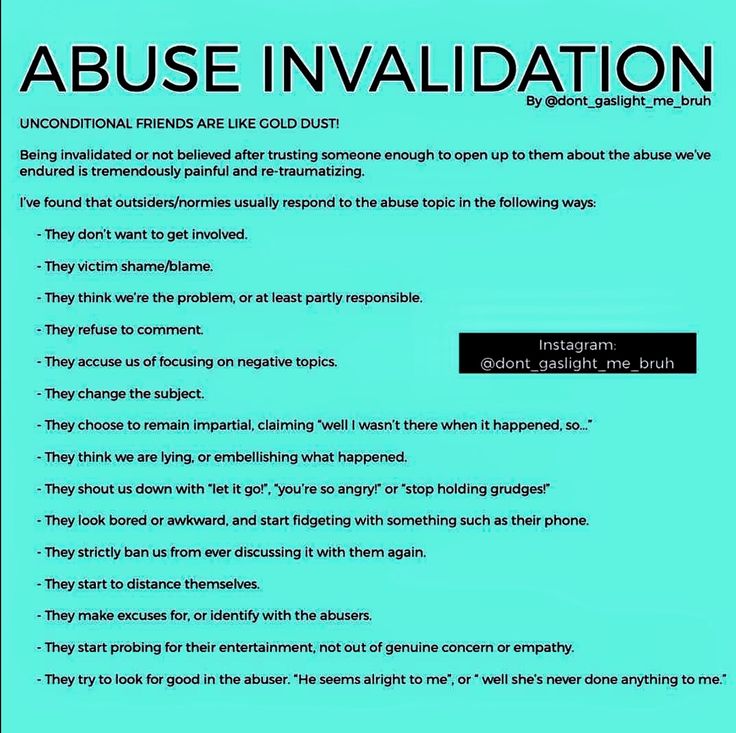 Typical signs of these damaging relationships include:
Typical signs of these damaging relationships include:
- Isolation — the toxic person attempts to isolate the partner from family and friends to limit support and to increase dependence on the relationship.
- Ongoing disagreements and arguments — it is common for people dating and in relationships to have minor disagreements, but toxic relationships are primarily based on arguments and negativity. The controlling partner is always berating, belittling, and putting down the other person or criticizing their attempts to do anything positive or independent.
- Blaming — a toxic person has no sense of personal responsibility for negative things and events in a relationship. If your partner is willing to take full responsibility for all the good but none of the responsibility for anything bad or unpleasant, this is a critical sign of a toxic relationship.
- Jealousy and dishonesty — a toxic relationship is often one of accusing a partner of flirting, dating, or even having a sexual relationship with someone outside of the relationship.
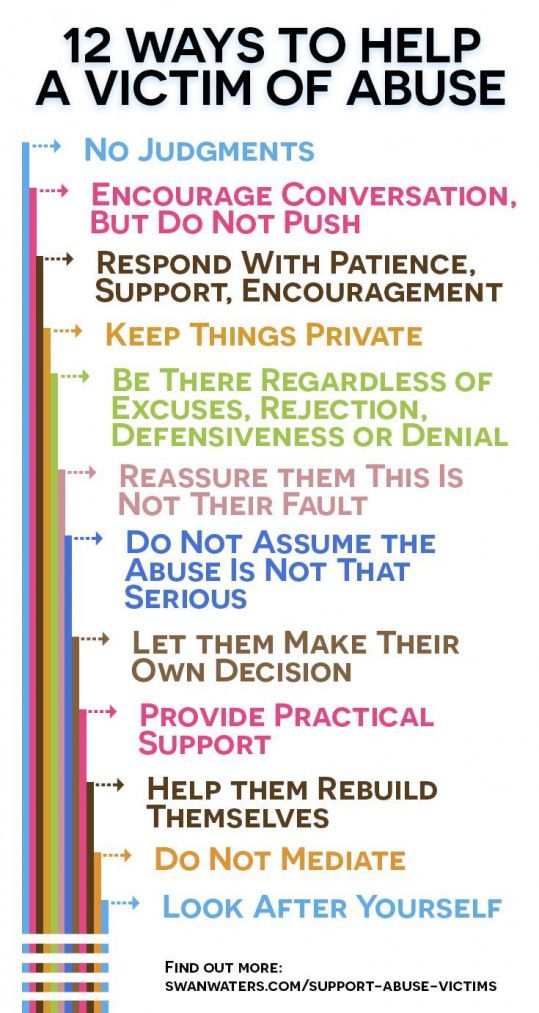 At the same time, the controlling or toxic person may actively and openly engage in these same behaviors.
At the same time, the controlling or toxic person may actively and openly engage in these same behaviors. - Denial and gaslighting — a toxic person is unable or unwilling to see his or her impact on the other person. They deny issues, attempt to gaslight the other person, manipulate events, or attempt to recreate history to put themselves in the best light.
- Giving in on everything — while it is important to be willing to give and take, compromise, or even do what the other partner wants in a healthy relationship, this is expected behavior in a toxic relationship. If you find you are giving into everything, even things you find morally, personally, or ethically objectionable just to keep the other person happy, you are in a toxic relationship.
Recovering From a Toxic Relationship
It is possible to get out of a toxic relationship and move forward to find a positive, supportive and healthy relationship. The following tips can help to break free from toxicity:
- Self-care — finding time to care for yourself and to learn to care about yourself again is a critical step in healing and re-balancing your priorities.
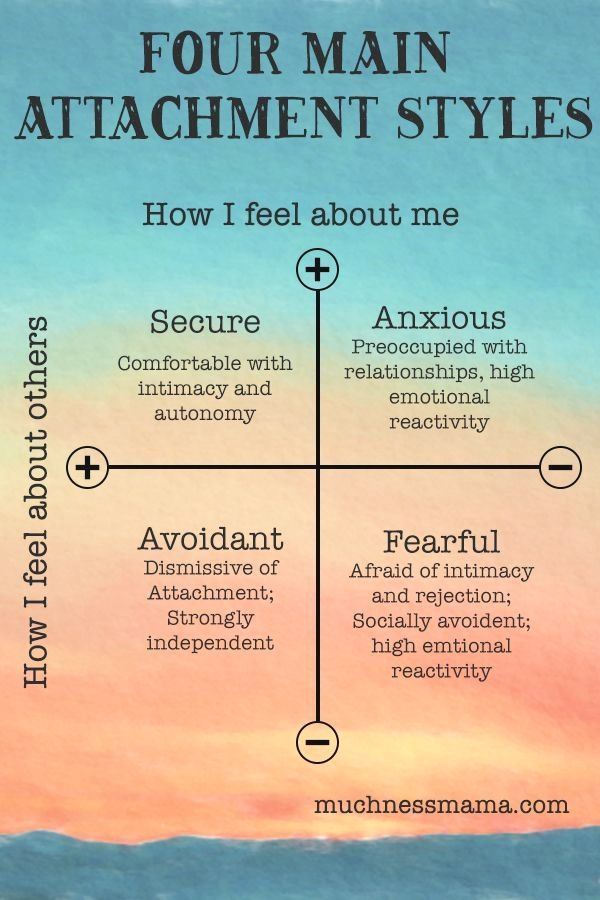
- Reconnect — rebuilding or reconnecting with friends and family who love and care about you helps to align your emotional healing with positive relationships with trusted people.
- Therapy — therapy and counseling are instrumental in understanding the destructive relationship dynamics of a toxic partner. Therapy also helps to establish self-assurance and self-esteem, which is necessary to prepare for a healthy relationship.
It is possible for a toxic partner to make changes and rebuild the relationship. However, he or she must be willing to do the work to make these changes and to learn new ways to communicate and interact as a healthy, supportive partner.
To find a therapist, please visit the Psychology Today Therapy Directory.
Everything is fine, but I'm getting worse and worse: what are toxic relationships and how to avoid them
Why does patriarchy literally push us into toxic relationships? How to distinguish them from situations where partners just need to learn how to talk to each other? And is it possible to recognize a toxic person so as not to find yourself with him in the registry office? We are publishing the most important interview of Maria Komandnaya with family psychologist Marina Travkova for the podcast "Thank you, I'm fine"
Marina Travkova — family psychologist, marital and sex therapist, specialist in work with marital conflicts, sexual dysfunctions, domestic violence.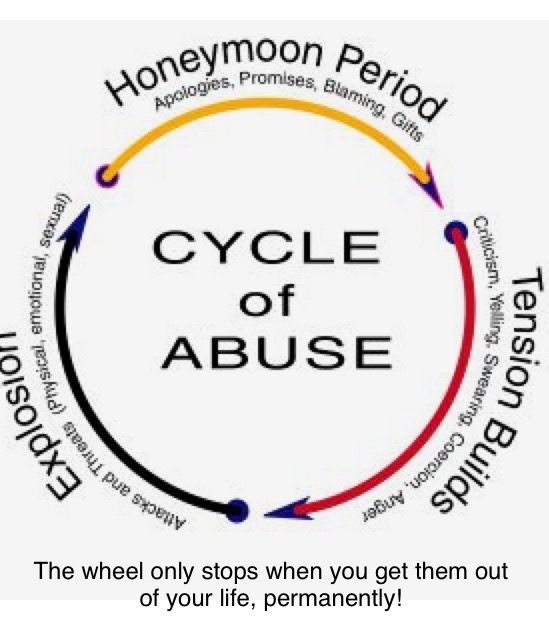 In the YouTalk “Thanks, I'm Fine” podcast (which was shortlisted for the Forbes Woman Mercury Awards, by the way), she talked about what relationships can be called toxic, why it is important to be able to say “no”, what cheating in a couple says, and Is it true that in a dependent relationship, everyone chooses one of three roles - the aggressor, the victim, or the rescuer. You can listen to the podcast on Apple Podcasts and Yandex.Music 9 platforms0008 a .
In the YouTalk “Thanks, I'm Fine” podcast (which was shortlisted for the Forbes Woman Mercury Awards, by the way), she talked about what relationships can be called toxic, why it is important to be able to say “no”, what cheating in a couple says, and Is it true that in a dependent relationship, everyone chooses one of three roles - the aggressor, the victim, or the rescuer. You can listen to the podcast on Apple Podcasts and Yandex.Music 9 platforms0008 a .
What is a toxic relationship
The term "toxic relationship" is unscientific, academic psychology does not use it. It appeared 15–20 years ago as a tracing paper from some American books. This is such an analogy with toxic waste, which is not visible to the eye, but spreads a harmful effect. So they began to call, first of all, emotional abuse, implying a relationship when everything seems to be fine, but you feel worse and worse. The term took root, went to the people.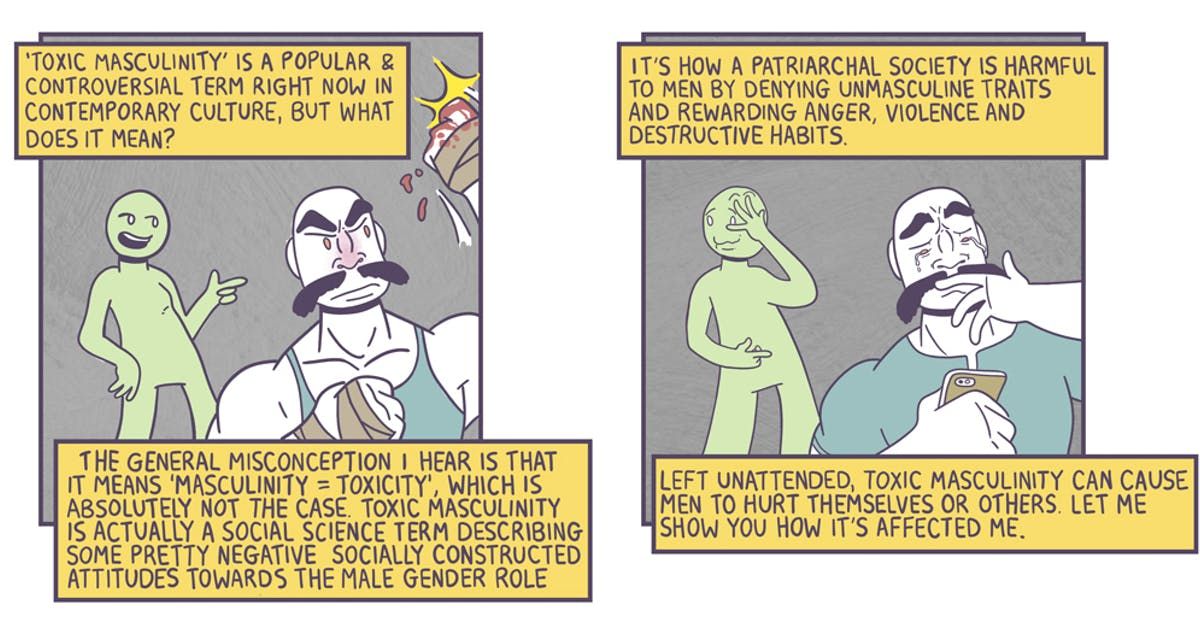 Now the wave of its popularity is already subsiding.
Now the wave of its popularity is already subsiding.
Such relationships can be called toxic when one person deliberately, consciously or semi-consciously, manipulates another, instilling in him a sense of shame and worthlessness.
If the relationship is such that one physically threatens the other, humiliates and beats, then here one should not talk about terms, but first of all retire to a safe place. But the types of violence are different - emotional, economic. For example, when a woman is on maternity leave, and her husband gives her money strictly for bread and also asks why she spent so much. The first thing you should pay attention to is the balance of power in the relationship.
When each of the partners has somewhere to move out in case of emergency; when everyone can hire a lawyer and sue; when everyone has a source of income, and you swear about who should give in to whose rules, this is not toxicity, but communication problems.
When you just need to talk: avoidance, high expectations, loneliness
Often people call relationships toxic when they assume that a partner should behave the way they want. When one partner does not separate his own picture of the world from the picture of the world of another. When he believes that he can convince his partner of the correctness of his views with a certain word, and if he is not convinced, then he is toxic.
Sometimes one partner ignores the other's requests because they are afraid of open conflict. Many develop this strategy in adolescence: when mom reads a long lecture, you need to pretend that you are listening carefully so that you are left behind. Because if you argue, you will get three times longer and louder quarrel with consequences in the form of silence, punishment for the next day and so on. In men, it is added that they are taught from childhood that they cannot show their emotions. When this manifests itself in an adult relationship, the second partner seems to be washing his hands of the first, hanging the label of toxicity on the first. Two people fit together like a puzzle: one does not see how he presses, the other does not see how he avoids.
There is a harmful stereotype about romantic love that says that you will meet a person who will be completely and completely focused on you. When the romantic period passes - which is normal for any relationship - and the person in love with you returns to their usual interests, it can be painful and insulting. If the offense is put aside, it turns out that behind it is someone vulnerable and small dreaming of being "taken in hand" and loved in any manifestations. It’s scary to admit “It hurts and feels bad, because I am emotionally dependent on you” - they can hit the patient. Therefore, we begin to hide behind resentment, anger, irritation. But such that the partner satisfies all our needs simply does not happen. In addition, we are changing, there are dynamics in relations, new challenges and needs arise. Flexibility and communication are very important here.
Related material
Cheating is a multifaceted construct, it is a whole cluster of situations. Many betrayals are committed because a person did not want to harm a partner, but felt so alone that he grabbed someone else. There are demonstrative betrayals that are committed to attract the attention of a partner: “Look, they will take me away now. Look, I'm still interested." And if the partner reacts indifferently, this is again a communication problem. One did not report that he lacked attention, the other did not hear.
But it can also be toxic behavior. When a partner cheats openly, on purpose, realizing that he is hurting, enjoying his power. When a man does not hide his mistresses from his wife, he does not hesitate to bring venereal diseases - defiantly, brazenly. Knowing that she has nowhere to go, that she is busy with children and financially dependent. Sometimes he also says: “What did you want, I’m a man” - and accuses the woman of having grown old, put on weight. This kind of stuff is absolutely toxic.
How to learn to communicate with a partner
When we are under stress, we begin to produce survival behaviors. This is either anger, a cry, or the desire to "merge with the wallpaper." If you look at the amount of stress experienced by Soviet families during the 20th century, it becomes clear that people were simply traumatized. They passed on the disturbed ways of communication to their children, those to theirs, and so on. Both the society and the school were included in this.
The generation that has now come into relationships is trying to learn how to communicate. But communication in a pair is as if still a women's task. Most women are trying to figure out which crooked goat to ride up to their partner so that everything will be fine, but this work is slow on a one-sided basis.
Related material
There are several points on which the ability to communicate is built. First, say "no" - and do it in a way that does not lose touch with the person. Remaining assertive - that is, a person who does not give up his position and at the same time hears and accepts what the other says to him.
Secondly, learn how to swear correctly. The idea that you can meet a person with whom you will never quarrel is untenable. We are all living people, we all have emotions, including anger, irritation, so you need to learn how to express them correctly and adequately. You can yell at another, or you can separate your anger, acknowledge it at the same time, talk about what causes it. It is also necessary to be able to accept the negative of another, to separate behavior from personality.
Thirdly, you need to be able to negotiate the boundaries of the couple. How to communicate with family and friends. Are such phenomena as flirting, open relationships acceptable. Or the sudden arrival of my mother. The couple still has to do the work to show everyone that they are together, and the rest are outside.
Related material
Dependent Relationships and Karpman's Triangle
This is a relationship model in which partners in dependent relationships choose one of three roles - victim, aggressor, or rescuer. There are many questions about the Karpman triangle. Even Stephen Karpman himself (a psychotherapist, developed the ideas of transactional analysis. - Forbes Woman ) just two or three years ago, when asked directly, said that his triangle should not be applied to victims of domestic violence.
In relationships we stand on two legs - independence and affection. You won't be able to stand on one leg for a long time and you won't be able to "dance" with your partner. In order not to dissolve in relationships, we need to feel ourselves. On the other hand, we need a sense of "we", connection, affection, a sense of shoulder, reliability, a common future. This is not established once and for all in the registry office - this can only be achieved through dialogue.
Dependent relationships, like the term "boundaries" by the way, are all unscientific psychology. It's such pop psychological slang. Marriage psychology would call dependent relationships merged, where people strongly dissolve their “I” in a partner. Outwardly, these couples do not necessarily look like some suffering. Very often, merged relationships look like those that are glorified in popular culture: partners are always together, all the time by the hand, one cannot live without the other, they end phrases for each other. It becomes bad where one of the partners suddenly jumped out of this bundle.
Both women and men can be rescuers. The male rescue epic is “hit, beat off the dragon”, and then you sit on the couch. Relationships that start with rescue are always at risk, because when routine life sets in and there is no one to save, it often turns out that the next dragon is yourself. The female rescue epic is based on non-agency, on the fact that the “right woman” is the one who has laid her life on her family, spouse, and children.
Saving someone in itself is not bad, rescue should not be pathologised. But help must be active. If the one you are saving is doing something himself, and you are helping him, then this is a good story. But if you understand that he will not change, then here you get stuck in this triangle and start running in a circle, when yesterday your husband beat you drunk, and today you are already bringing a glass so that his head does not hurt.
There is no need to save a person who does not try to cope with his own demons. Because when he fails, you will again be to blame.
Related material
How to recognize a toxic person
Even domestic violence sometimes develops in relationships in which everything was fine for 6-10 years. It's just that a woman gave birth, sat down at home, and the moment of imbalance of power came.
But in terms of building relationships, I would advise you to avoid a person who says right away that he will isolate you from all of you, put you at home and feed you, because a woman should be at home. Our reality is that both adults work in the family, and if it is assumed that one of them gives the other his entire salary and also provides the entire life, this is a reason to think.
It is also worth thinking about when a partner broadcasts that all his past relationships were terrible, and you are perfect. This is a romantic discourse about how you kissed a monster and it turned into something wonderful. But this does not happen: in life, a monster remains a monster.
Why patriarchy is toxic
Patriarchy is trying to deprive a woman of her voice, her parental home to which she can return, and financial independence. In the patriarchy, men are assigned a “place from above”, they often have power in their hands. Therefore, in a patriarchy, power imbalances and toxic relationships are most likely to flourish.
Men in a patriarchal culture, having turned their relationship with children onto a woman, lose contact with them. Usually this has remote, but very deep and bad consequences for the men themselves, when in old age they find themselves cut off from children, while mothers and grandmothers curl around them.
Related material
Toxic relationship: what it is, signs, how to get out, advice from a psychologist with those around you? Someone will be prompted to think about this by a persistent sense of anxiety about the fact that contact with someone from the environment again and again brings pain, and someone, perhaps, constantly hears from relatives that his behavior is unbearable.
The author of the article is Alena Golzitskaya, researcher at the Psychological Institute of the Russian Academy of Education, systemic family psychotherapist, specialist in the service for the selection of psychologists Alter
What is a toxic relationship
Advertising on RBC www.adv.rbc.ru
In the broadest sense, toxic relationships are relationships in which one or both parties experience negative experiences associated with insecurity in the communication process. The threat can be both real and experienced subjectively, and affect the emotional and physical levels of interaction. In other words, any behavior that starts with hurtful jokes, bullying, ridicule and ends with physical violence falls under the category of toxic. Who is most likely to become a long-term participant in a toxic relationship? People who grew up in families that practiced abusive behavior are most prone to this.
The main question that arises in this connection is: “At what point should I think that something is wrong with my relationship?”
A still from Big Little Lies
© Kinopoisk
Toxic Relationship Test
There are several main signals that you have a toxic relationship in your life: from your environment.
These are warning signs that a victim of emotional abuse may pay attention to. But what about the other side, the one that serves as a source of toxic behavior?
The fact is that most often the perpetrators of toxic relationships do not want to admit that they are doing something wrong. It may seem to them that they could not have behaved differently, that everyone does it, that the victim “deserved it herself.” This happens, among other things, because they have a system of psychological defenses that allows them to reduce feelings of guilt and shame for what is happening.
Still, sometimes they also think that something is going wrong - this can be facilitated by persistent feedback from others, indicating their dissatisfaction with the way the person using emotional abuse behaves.
If you are the source of the toxicity
When should you consider that you may be the source of the toxic relationship?
- If you constantly do not have contacts with others, people get angry at you, break relationships, do not want to continue interaction.
- If you can't build and maintain (assuming repeated attempts) long-term close relationships, your partners leave you, and you don't understand why.
- If relatives complain about your aggressiveness, intolerance.
- If they repeatedly say that you are unbearable.
- Your relatives give you an ultimatum to contact a psychologist in order to prevent a final break.
A still from Sharp Objects
© Kinopoisk
Signs of a toxic relationship
What are the main features of toxic behavior? Here are the main ones:
- The desire to be guided primarily by one's own interests and needs without taking into account the interests of others.
- Lies with the intent to cause harm (moral and physical).
- Forcing others to do something that is not in their interests.
- Manipulation with the topics of illness, suicide, suffering, breakup.
- Guilt, shaming others in order to achieve one's goals.
- Insults, including inappropriate jokes, humiliation, threats.
- Imposing one's opinion as the only possible one.
- Infringement of the right of others to freedom of choice - partner, friends, religion, and so on.
- In the case of toxic parental behavior, ignoring the needs of the child, putting forward conditions and requirements for normal contact, excessive indulgence, physical punishment.
- Presence of physical violence in communication.
Consequences of being in a toxic relationship
The main consequences for those who have been abused can be:
- problematic self-esteem;
- increased anxiety in contacts with others;
- Difficulties in maintaining close relationships and sometimes even abandoning them.
People who practice toxic behavior, if they do not want to change it, may face aggression in their direction, the unwillingness of others to cooperate, be in the same company or have at least some communication with them.
Frame from the film "Valentine"
© Kinopoisk
How to get out of a toxic relationship
Much depends on how pronounced the negative personality traits of a person who allows himself to behave toxicly with others. If such a person has, for example, very pronounced and fixed behavior patterns that involve manipulation, depreciation, lies, and even physical violence, then in some cases we can talk about personality disorders (a term from psychiatric practice).
People with narcissistic and antisocial personality disorders, for example, are almost never able to stop using what is called toxic behavior. This is because they either have very little empathy (the ability to sympathize with others), or their goals do not imply the use of it. For example, criminals who live by deceiving others simply do not consider their suffering, and this is their conscious choice.
If a person who carries out emotional violence against others has the opportunity to become more conscious, and he is inclined to consider that his behavior is harmful, then the forecast may be more optimistic. In this case, working with a psychotherapist can give a certain result.
What to do if you understand that toxic relationships are present in your life
First of all, try to find a good psychologist with whom you can discuss the current situation and get his expert opinion. Why is it important? People who initiate emotional abuse are often so convincing that the reason for everything is solely your “wrong” behavior that it is sometimes very difficult to see the real situation and defend yourself. Especially if you have been in a situation where you have been blamed for years, or such a person is your parent. Then the formed stable perception of oneself as “bad and guilty” may not allow one to break out of the fetters of abuse on their own.
